VITAMIN A:
Countless studies have proven the impact of topical Vitamin A in its active form (Retinoic Acid) on aging skin. Genetics, hormones, natural aging, cellular metabolic changes, environmental exposure to free radicals, and inflammatory response to diet and stress ALL lead to decreased collagen and elastin fibers in the dermis. These factors also lead to decreased natural exfoliation of the epidermis, and a decrease in the skin’s natural moisturizing functions. Here comes retinoic acid to the rescue! Here are the facts...
- Retinoic acid has been shown to stimulate collagen production to prevent and reverse fine lines and wrinkles.
- Retinoic acid acts as an antioxidant to help protect our skin cells from free radical damage.
- Retinoic acid helps to increase cellular turnover to prevent clogged pores and acne.
- Retinoic acid also helps to increase the compaction or reorganization of the stratum corneum (most outer layer of skin) to aid in increasing the skin’s natural hydration functions, and boosting epidermal cellular turnover, which lead to healthier, more resilient skin.
In short, Retinoic acid makes your skin perform as it did in your younger years when your skin was more perfect.
There are 3 main forms of topical Vitamin A used in skin care products:
- Retinol
- Retinaldehyde
- Retinoids.
Vitamin A must be in its active form of retinoic acid to deliver the above mentioned beneficial effects. Here is a quick overview of the differences between the three forms.
- Retinol, which is often found in over the counter skin care products, tends to be the most unstable form of Vitamin A. This inhibits its ability to penetrate the skin and convert to retinoic acid. With these limitations, Retinol has significantly less collagen stimulating benefits than the other forms of topical Vitamin A.
- Retinaldehyde converts to retinoic acid once it penetrates the skin’s surface and has been found to be a potent and effective alternative to prescription retinoids, without the irritation.
-
Prescription Retinoids are pure retinoic acid, which can be very potent and effective; however, when applied directly to the skin, they can be quite irritating.
Many people have tried topical retinol and prescription retinoids but dislike the “retinoid reaction” that tends to occur. As the skin is changing into its healthier state, common reaction symptoms can be skin redness, irritation, flaking, dryness, cracking, itching, and rash. These reactions are usually temporary, and resolve in 4-6 weeks. Unfortunately, this side effect makes using these products difficult to tolerate. That’s why Retinaldehyde is THE topical Vitamin A to use to avoid the irritating transition period from unhealthy to resilient, beautiful skin.
 Because vitamin A is a very effective collagen stimulator for anti-aging, everyone should use vitamin A nightly as a part of a good skincare regimen. With consistent use of topical vitamin A, like the Retinaldehyde used in our Vital A Rejuvenating Serum, your skin will absolutely GLOW. You’ll also notice a reduction in pore size and wrinkles, which everyone with aging skin is looking for. Firmer skin with less frailty will start to emerge. This will give a more refined look to the surface of the skin, no filter needed! Are you using your Mikel Kristi Vital A Rejuvenating Serum every night?
Because vitamin A is a very effective collagen stimulator for anti-aging, everyone should use vitamin A nightly as a part of a good skincare regimen. With consistent use of topical vitamin A, like the Retinaldehyde used in our Vital A Rejuvenating Serum, your skin will absolutely GLOW. You’ll also notice a reduction in pore size and wrinkles, which everyone with aging skin is looking for. Firmer skin with less frailty will start to emerge. This will give a more refined look to the surface of the skin, no filter needed! Are you using your Mikel Kristi Vital A Rejuvenating Serum every night?

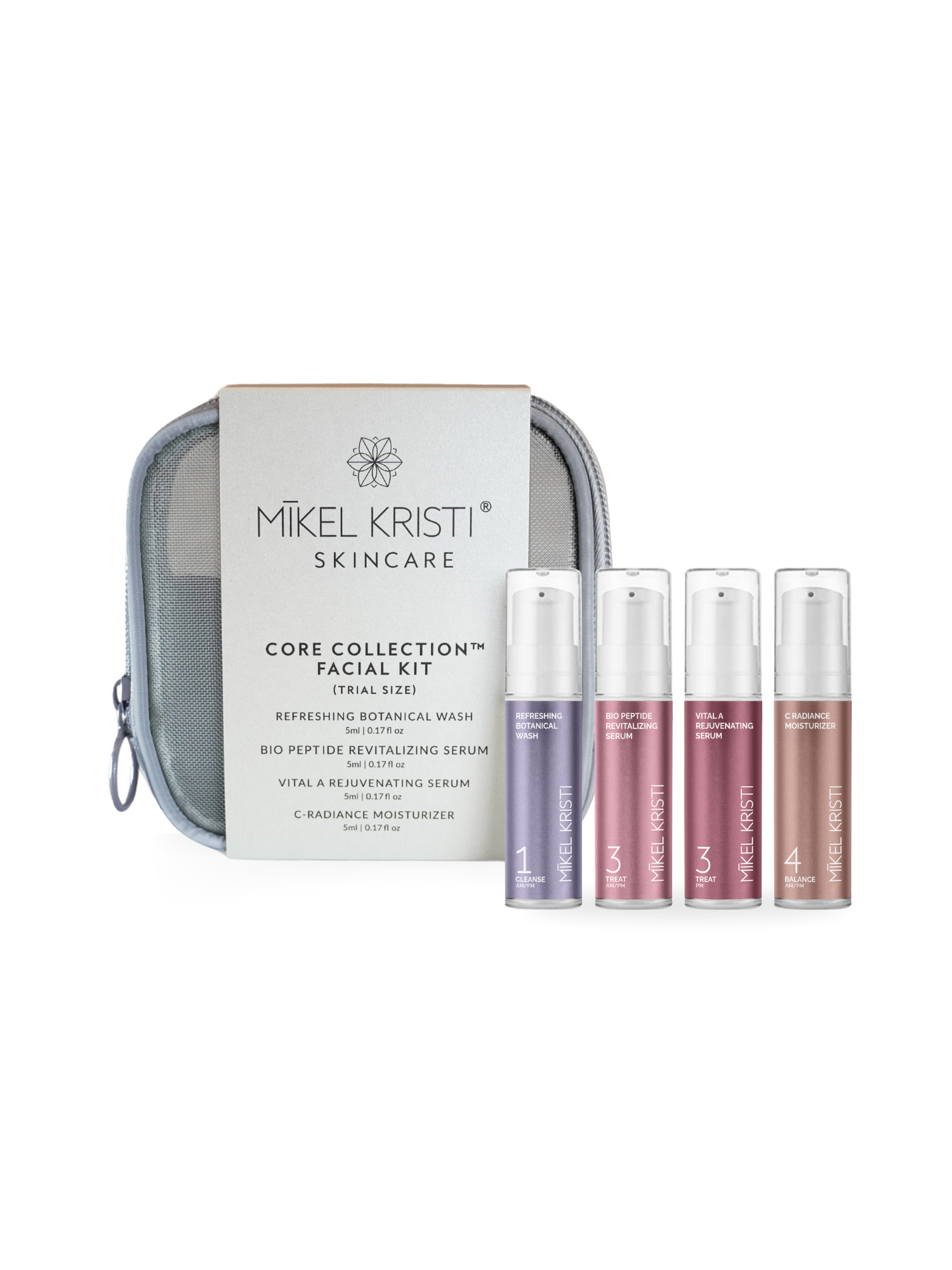
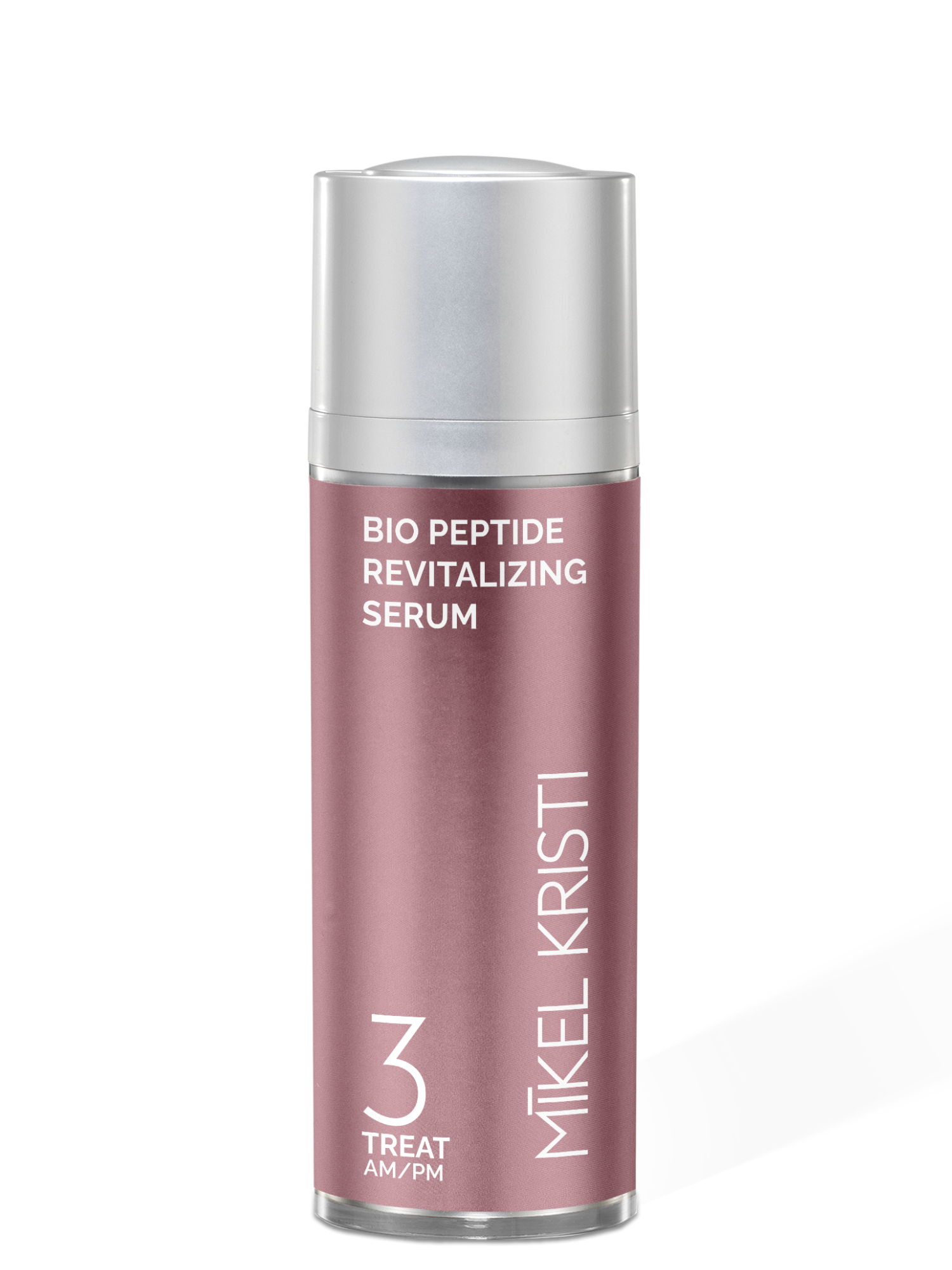
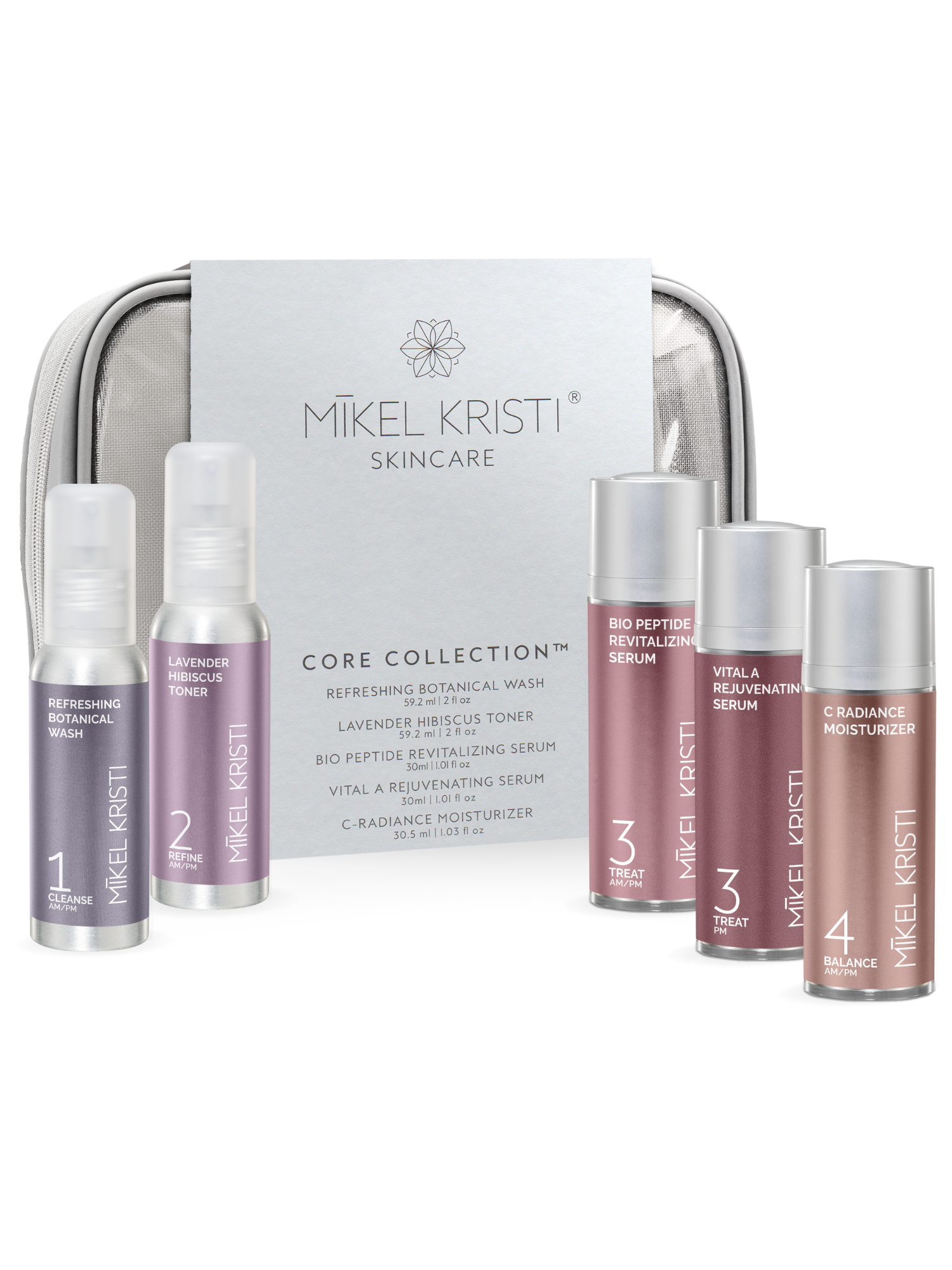
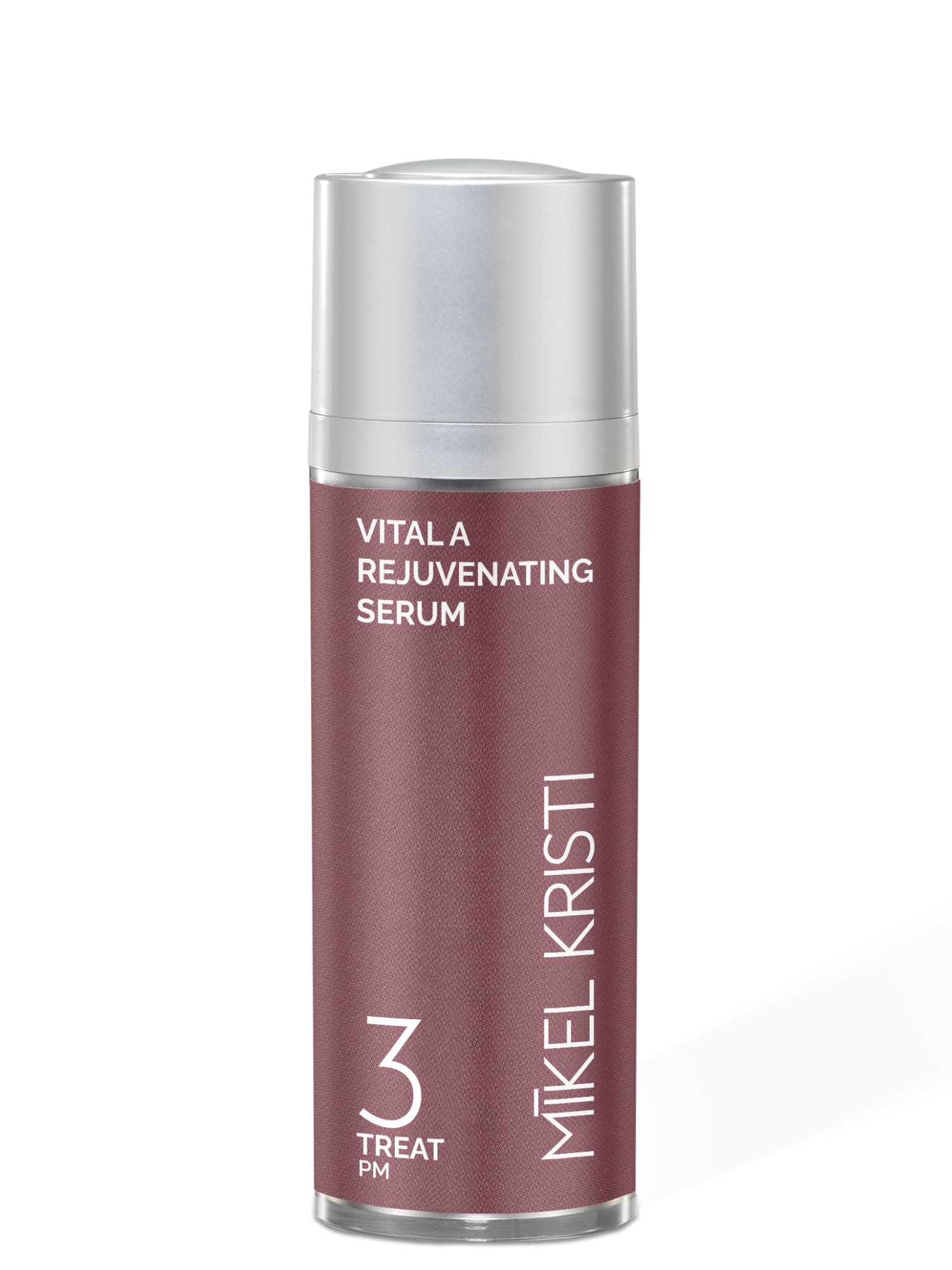
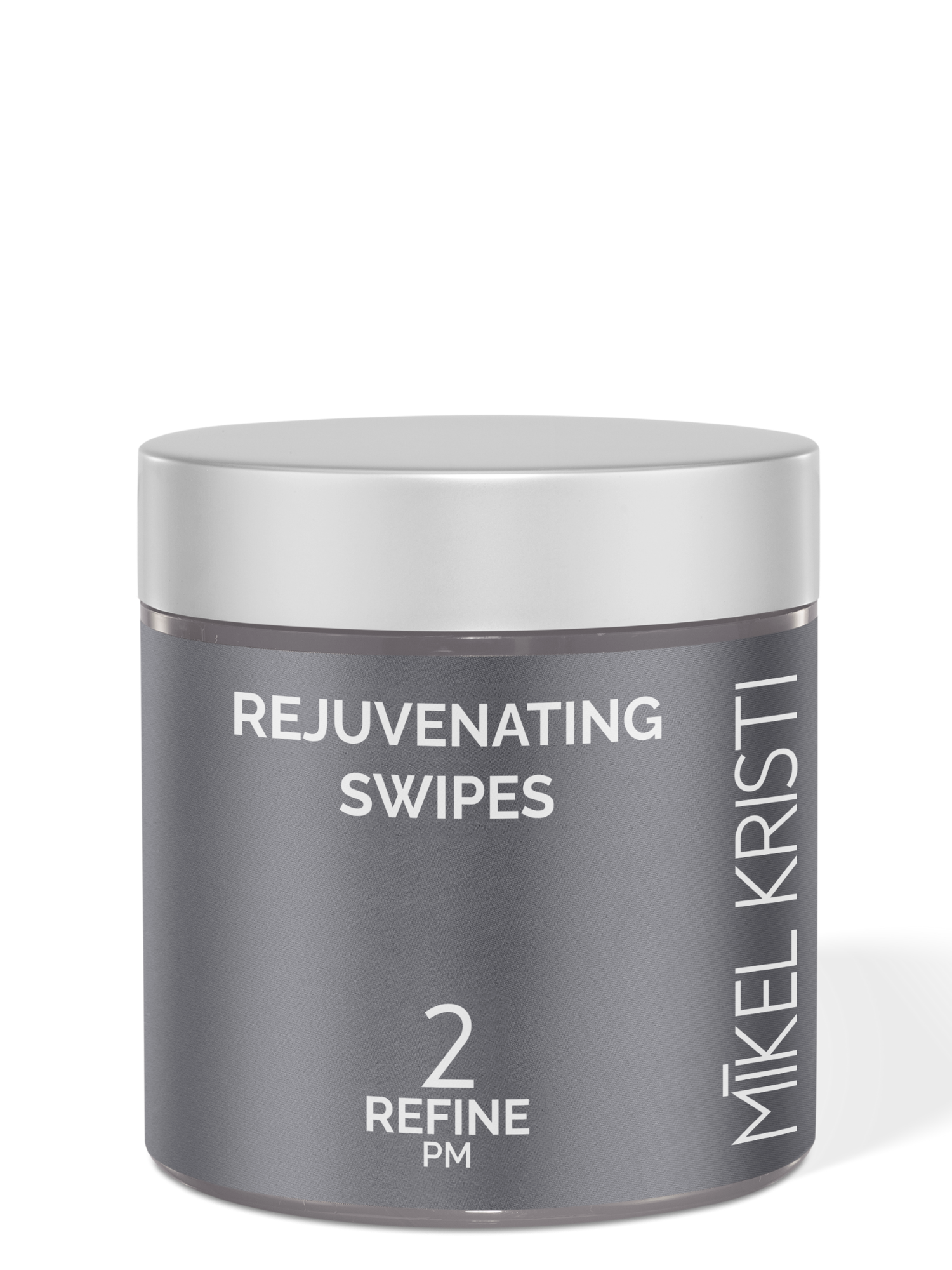
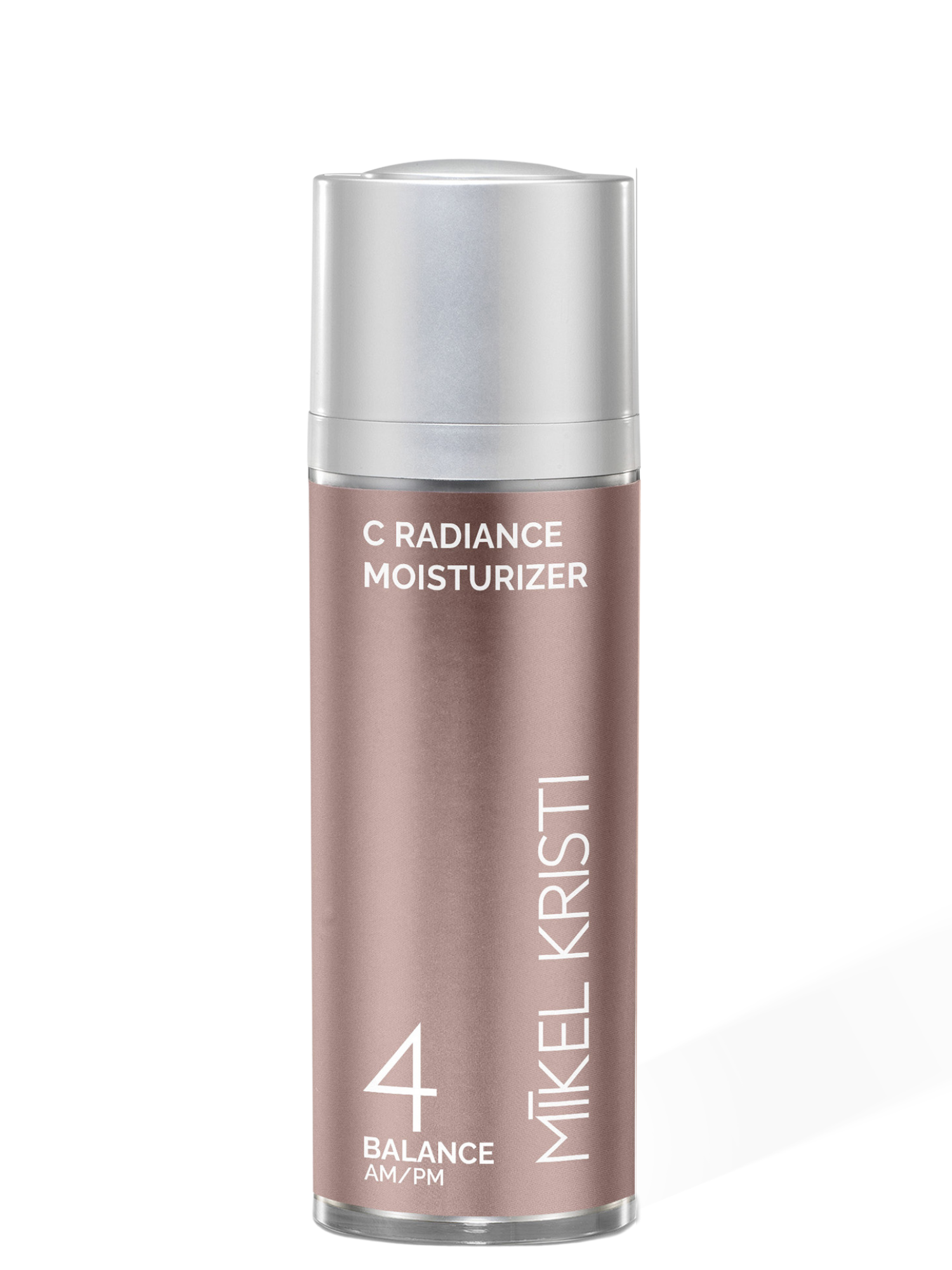


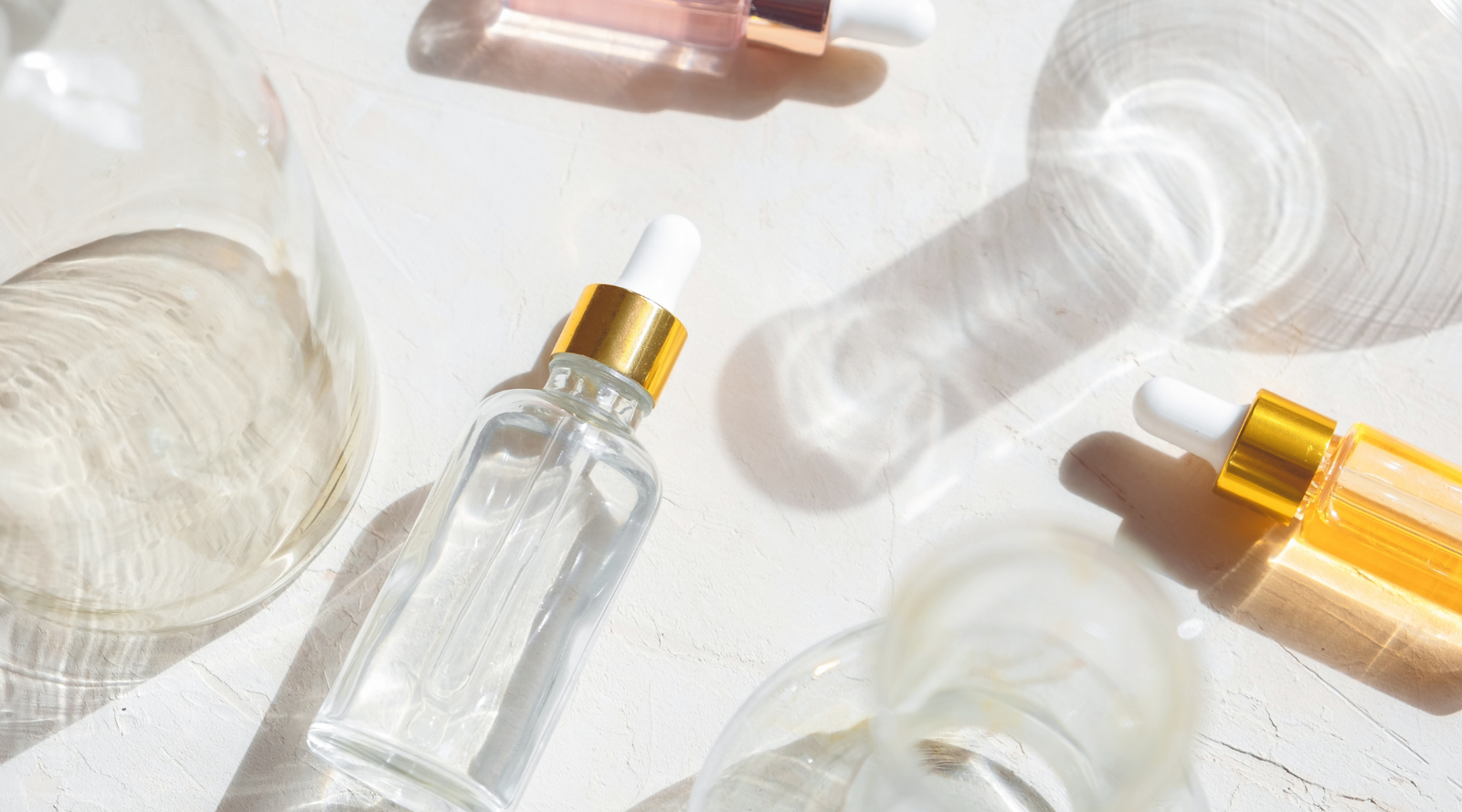

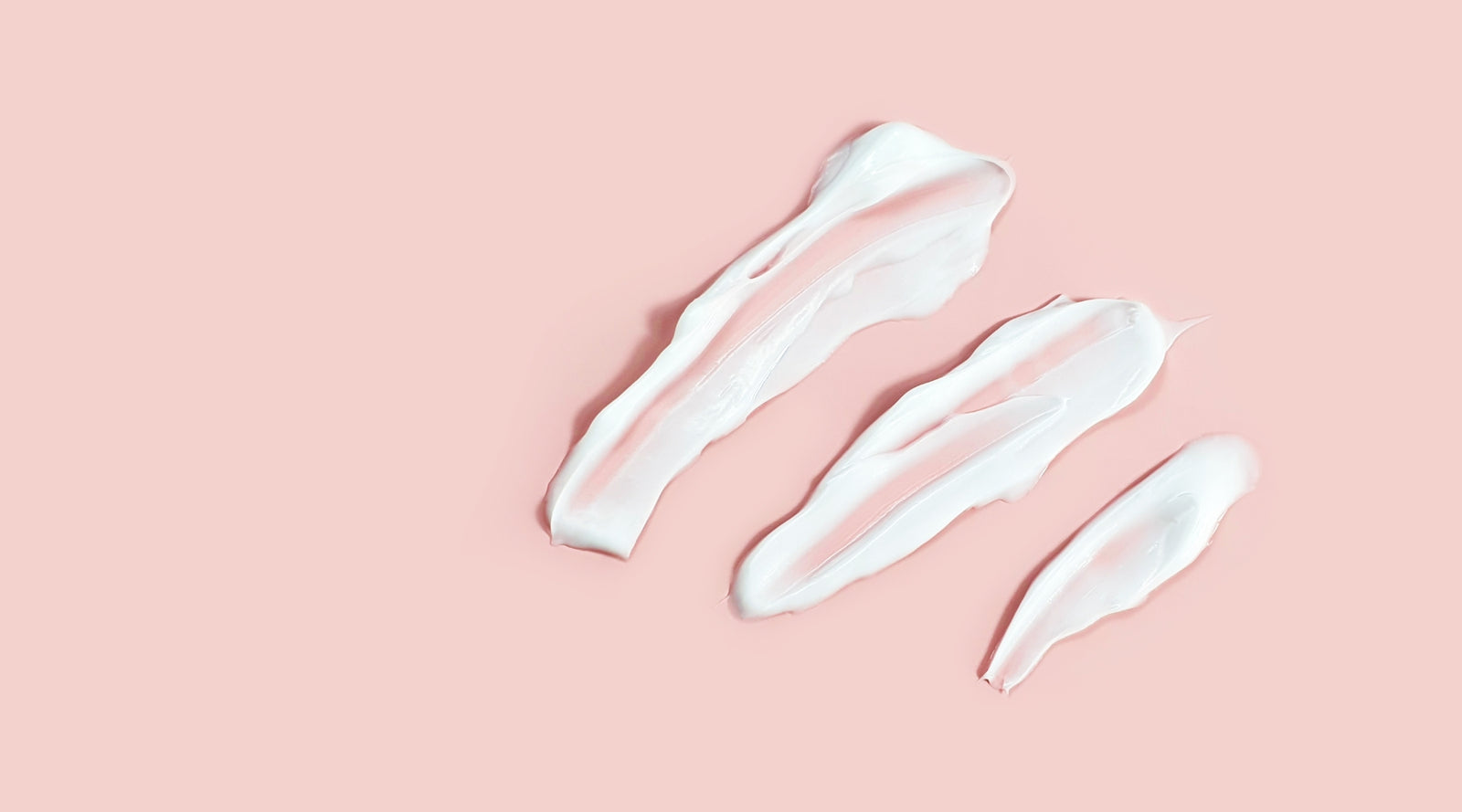

Leave a comment (all fields required)